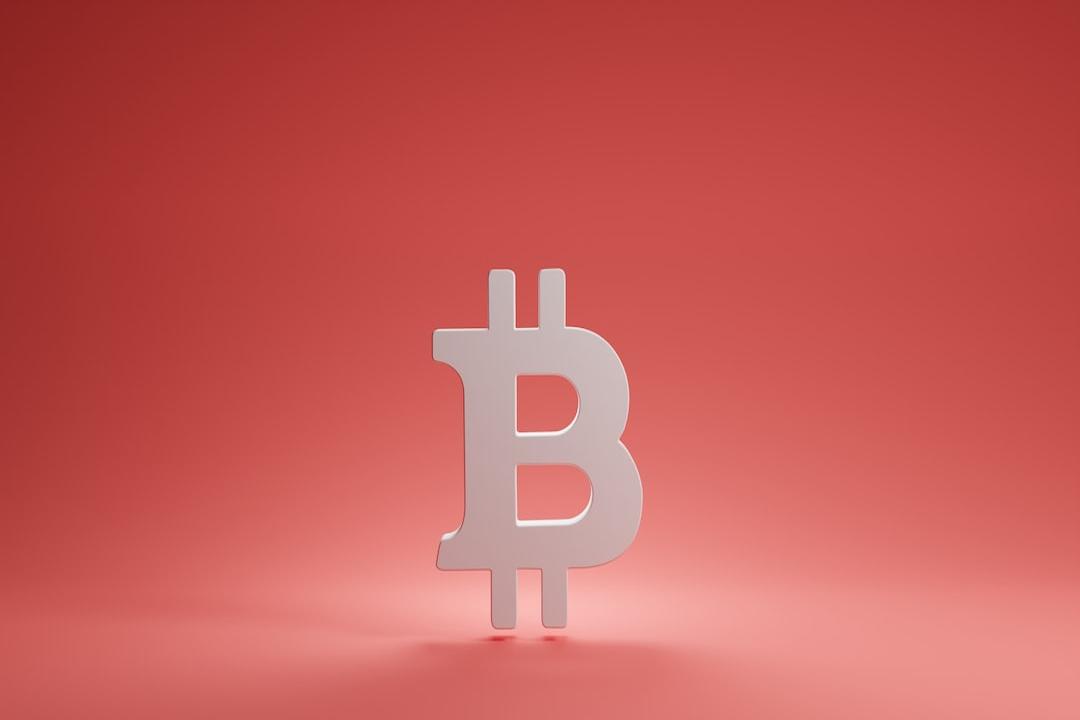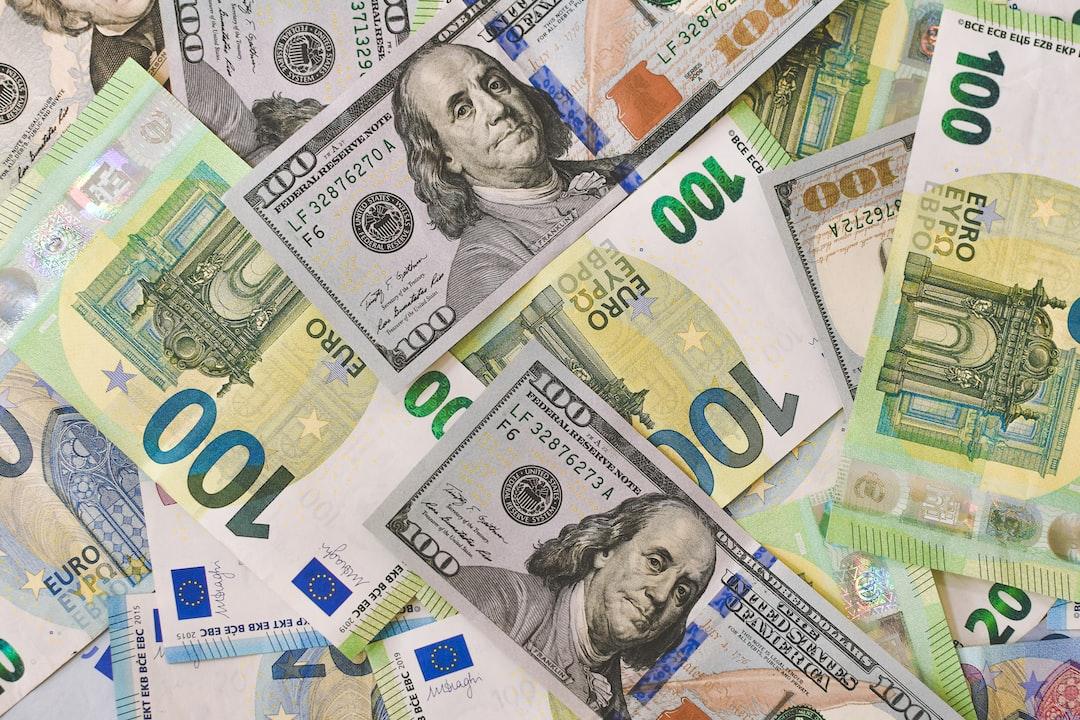MicroStrategy co-founder Michael Saylor posted the Bitcoin (BTC) chart from the SaylorTracker website on December 29. The tech entrepreneur and BTC advocate typically shares the same chart on Sundays before making a BTC purchase on Monday.
“Disconcerting blue lines on SaylorTracker.com,” Saylor wrote to his 3.9 million followers on X. The post, which has become somewhat of a regular Sunday ritual, elicited a flurry of responses from market participants anticipating a Monday move from MicroStrategy. The company completed its most recent Bitcoin purchase on December 22, 2024, acquiring 5,200 BTC at an average price of $106,000 per coin. The 5,200 BTC represented MicroStrategy’s smallest acquisition since July 2024. Saylor has previously stated that he would continue buying BTC at any price, and traders now view MicroStrategy as a leveraged BTC bet that is also closely linked to the overall health of the digital asset.

MicroStrategy doubles down on Bitcoin
The company called for a special shareholders meeting in December 2024 to fund the purchase of more Bitcoin as part of its 21/21 plan by increasing the number of shares it can issue. MicroStrategy’s 21/21 plan stipulates that the company will raise $42 billion over the next three years through $21 billion in equity offerings and $21 billion in fixed-income corporate securities to finance the acquisition of more Bitcoin.
Saylor drafts comprehensive digital asset framework
Michael Saylor recently proposed a framework for digital assets in the United States that included a plan for a Bitcoin strategic reserve that could offset the US national debt by providing the Treasury with $16 trillion to $81 trillion in asset wealth. According to the MicroStrategy co-founder’s plan, the US dollar can maintain its position as the global reserve currency by growing the market capitalization of the digital asset sector to $10 trillion.

This growth in the digital asset markets will drive demand for the US dollar and US government securities that back over-collateralized stablecoins like Tether’s USDt (USDT). The tech executive and Bitcoin evangelist also outlined a taxonomy for digital assets, which included digital commodities, digital securities, digital currencies, digital tokens, non-fungible tokens, and digital ABTs securing real-world commodities.

